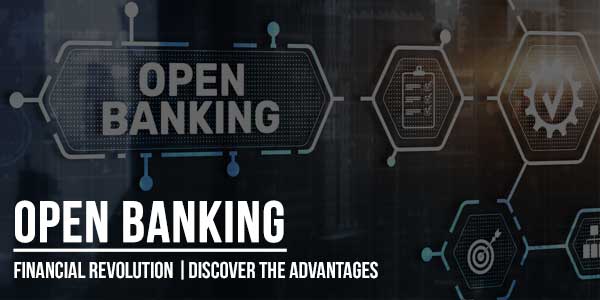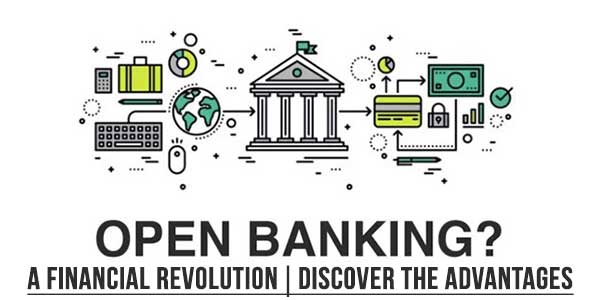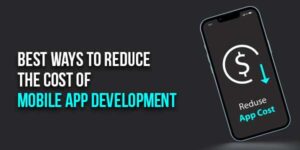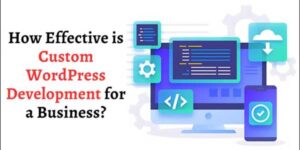
Open banking is an economic reform that radically changes the banking landscape. From the European Payment Services Directive (PSD2 and now PSD3) to cybersecurity, account consolidation, and digital financial transactions, you’ll find the essentials of open banking.
Table of Contents
What Is Open Banking?
Open banking is nothing but the sharing of banking data between different financial institutions and financial entities which is the result of digital transformation and open innovation.
This process allows consumers and businesses to access their financial information securely and seamlessly. It is made possible by APIs (application programming interfaces).
API:
Application programming interfaces (APIs) are sets of protocols designed to facilitate communication between two computer systems.
APIs are everywhere, such as in Tesla cars, in more and more e-commerce, and, of course, in most cutting-edge financial services, and we use them every day without necessarily knowing it. For example, when you check the weather on your phone, the app gets the information through an API.
Essential in a financial world marked by open banking, these computer interfaces allow several applications (potentially developed by different teams with different objectives) to dialogue and interact with each other. In this way, one application can use the resources and services of another instantly, without having to redevelop anything. This represents a major change in the paradigm, which has resulted in a significant reduction in the time required to access resources.
Most of the APIs are based on the HTTP protocol. We can mention those made through SOAP ( Simple Object Access Protocol ), which was created in 2000 (popularized by Salesforce and eBay in particular), those made through REST ( Representational State Transfer ), and those created through GraphQL (most recently powered by Facebook) .
5 Advantages Of Using An API:
1.) Security:
The exchange of information between applications is always very secure when using an API. In addition to end-to-end encryption, you can define what information is required for the activity in question and restrict access to other data.
2.) Access Monitoring:
At a time when only 1 in 10 companies say they excel at privacy and the ethical use of data and analytics. In that sense, learning what an API is can help you gain the trust of customers. With this technology, it is possible to monitor who has accessed certain information, and on what date and time, in addition to allowing you to supervise and audit access.
Do you want to learn how to manage customer data according to best practices? We recommend you read: Data Protection Law: what is it and how to follow it in your company?
3.) Automation Of Repetitive Tasks:
When you understand what an API is, your work routine changes for the better. This is because you can automate complex tasks and processes, which are often repeated. An example: the YouTube API allows you to integrate video players into other websites, preventing developers from having to do this on their own every time they want to include this functionality in a website or social network.
4.) Reliable Reporting And Analysis:
Many APIs allow you to generate personalized reports, in addition to providing secure information that links a solid database for the company.
5.) User Experience (UX):
Despite being invisible to the end user, the API allows for a very rich user experience. And why does user experience matter? According to First Round Review, for every $1 invested in UX, you have a return between $2 and $100.
Share Banking Data To Encourage Innovation:
At the center of this revolution is FinTech, a fusion of custom software development services and traditional financial services. This convergence is supported by the European Payment Services Directive (DSP) and the General Data Protection Regulation (GDPR), which have established the legal and regulatory contours of this transformation.
Banks now share their data through secure APIs with third-party providers (TPP) such as Fintecture.
Security Of Data Exchange In Open Banking
A fundamental pillar of open banking is data security. Strict cybersecurity standards should be followed by banking information systems to avoid any breach of the confidentiality of banking data.
Compliance standards KYS (Know Your Supplier) guarantee rigorous identification of the agents involved, thus reinforcing the trust of interested parties in the process.

Open Banking Services:
Ais (Account Information Service)
The AIS allows authorized third parties (TPP) to access information about a consumer’s bank accounts, with their consent. This includes data such as balances, account statements, transaction history, and other information related to individual or business bank accounts.
PIS (Payment Initiation Service)
The SIP allows an authorized third party, such as Fintecture, to initiate payment directly from the consumer’s bank account, with their consent. This is the service on which the Immediate Transfer is based. It allows payments to be made from account to account, without an intermediary, initiating a payment by transfer. a>
Advantages Of Open Banking:
How does open banking foster competition and efficiency?
- Open banking catalyzes competition by removing barriers to entry for new entrants. The innovative banking services resulting from this competition offer consumers a wider range of options.
- Traditional institutions are forced to change their business model because open banking has the potential to improve operational efficiency.
Opportunities For Consumers And Businesses
- The advantages of open banking are useful for both the customer side and the financial institution side. Consumers can experience more personalized banking experience by accessing innovative digital financial services.
Here are some concrete examples of new uses:
- Pay by bank transfer without having to enter the beneficiary’s IBAN thanks to the initiation of payment by bank transfer. Fintecture offers this fluid and seamless payment process through the Immediate Transfer function.
- Centralize and manage financial data from multiple sources using account aggregators.
- Receive funds directly into your bank account without transmitting your IBAN as in Verified Disbursement developed by Fintecture.
- Companies, for their part, can use this new data to better understand the technological needs of software development services and the uses of their customers, paving the way for more specific strategies.
The Future Of Open Banking – Outlook For The Financial Sector:
Open banking heralds a profound change in the banking sector. As connected banking becomes a reality, the sharing of financial data will continue to drive new ideas and collaborations.
Traditional business models could evolve toward more personalized and subscription-based services, shaping the way consumers interact with their finances. Open banking is the future of the banking sector.
Conclusion::
With its AIS and PIS components, Open Banking allows consumers to access their financial data more transparently and initiate payments more easily while encouraging competition and innovation in the financial sector.
Open banking is much more than a trend. It is a powerful catalyst for transformation, an engine of innovation, and a means of responding to the new technological needs and uses of modern society.

 About the Author:
About the Author:
















Be the first to write a comment.